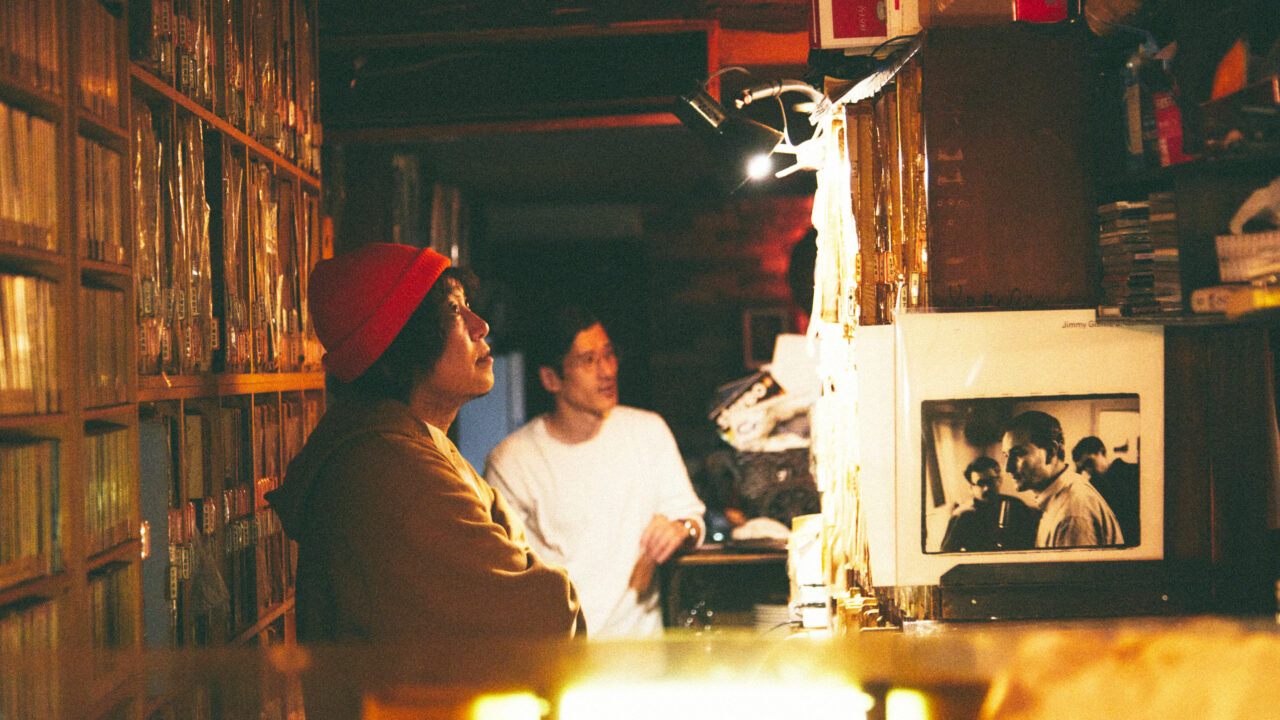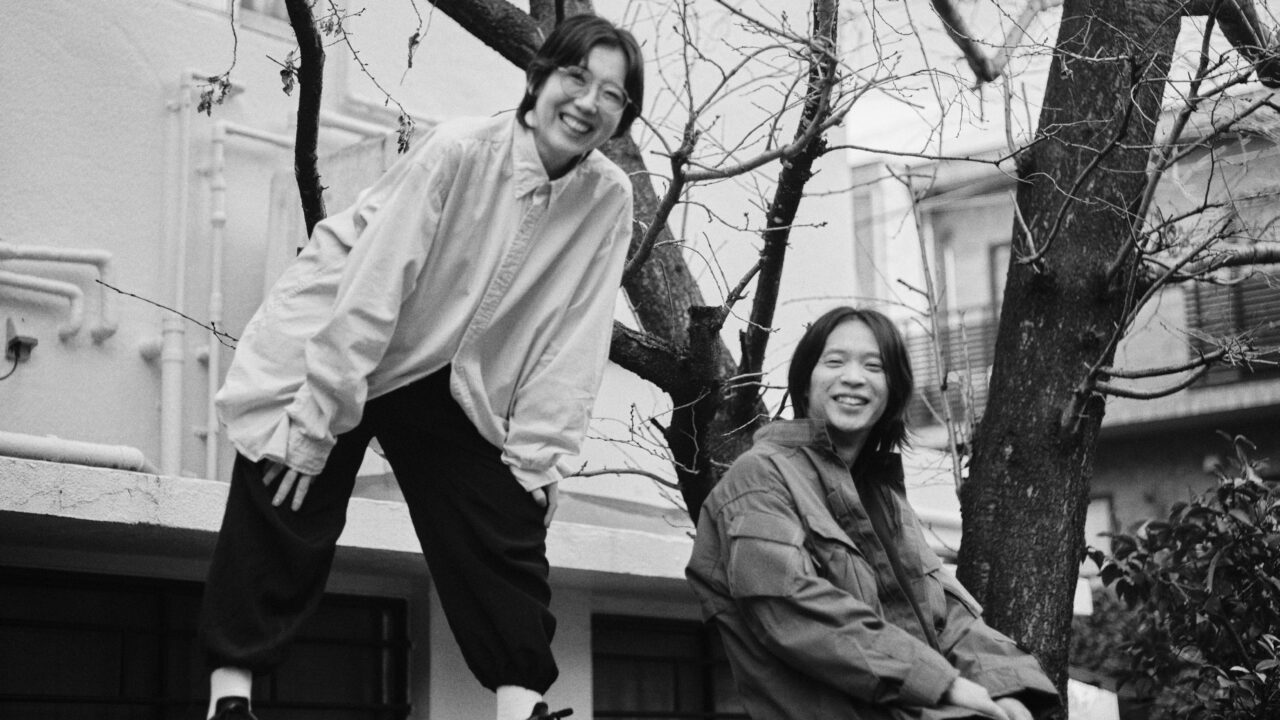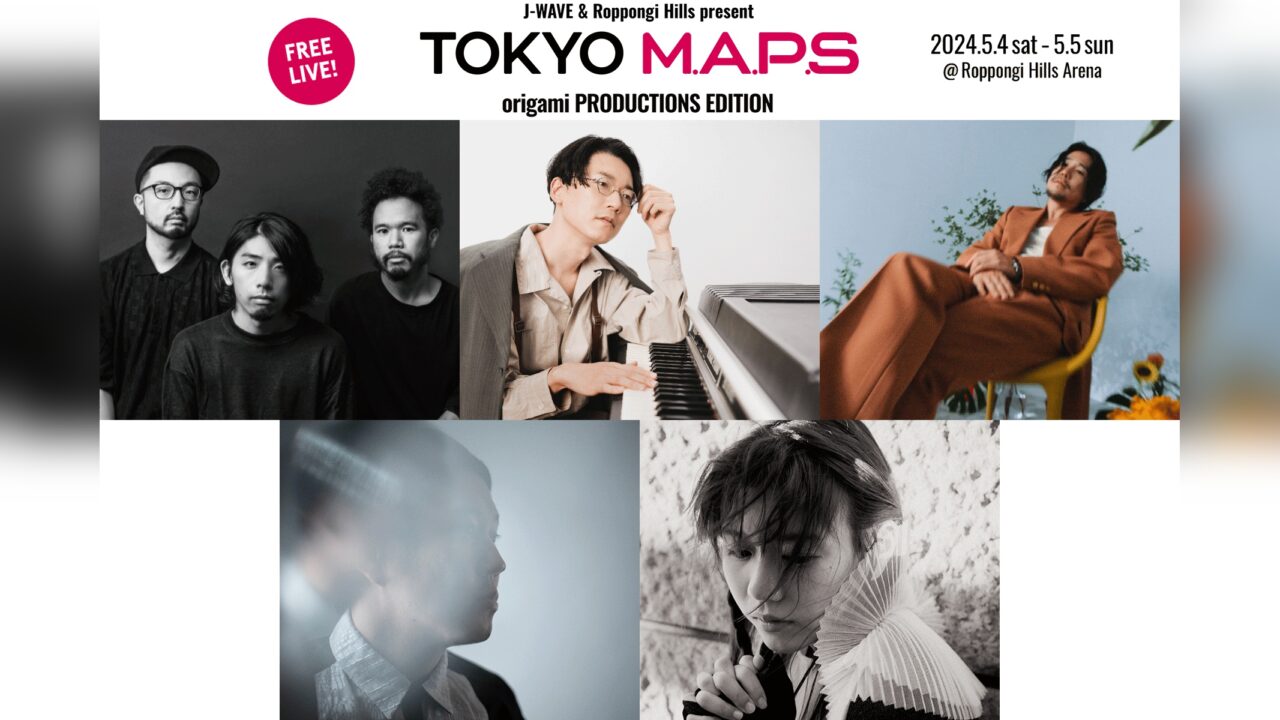Ayatake Ezaki, a member of WONK and millennium parade, and a keyboardist who has supported numerous recording and live performances by artists such as King Gnu, Vaundy, and Yonezu Kenshi, has released his first solo album, “Hajimari no Yoru”.
Although he has been active as a pianist since his childhood, Ezaki actually aspired to become a robot engineer. In this first part of the interview, we asked him to look back on his career to date and talk about his values and vision in order to get a more multifaceted view of the album.
After a smooth-sailing teenage years spent in Fukuoka, followed by his 20s when he moved to Tokyo and experienced setbacks but found success as a professional musician, Ayatake Ezaki, now 30 years old, is now taking his first steps as a solo artist. We would like to draw your attention to this talent with great potential, who will eventually be called a “great musician.
INDEX
A Childhood Familiarity with the Piano
What was it that awakened your interest in music?
Ezaki: My parents were big music lovers, so it was normal to have some kind of music playing in the house all day long. My parents later told me that when I went to the toy store when I was little, for some reason I was always playing with the toy piano (laughs). Seeing me like that, they thought, “Let’s let him learn to play the piano. That is how I started playing a musical instrument.

Musician, born in 1992 in Fukuoka City, Japan, studied piano at age 4 and composition at age 7. He graduated from the Faculty of Music, Tokyo University of the Arts. He has played keyboards for WONK and millennium parade, and has recorded and produced music for King Gnu, Vaundy, Yonezu Kenshi, and many other artists. He has also composed music for the movie “Homunculus” (2021) and other theatrical productions, and continues to work freely across a variety of fields, such as running a music label and participating in art education.
You have been playing musical instruments as long as you can remember, haven’t you?
Ezaki: In the company apartment where I was born and raised, there happened to be a lot of boys my age. This created an environment where we all played together from morning till night, but I had to practice because I had started learning to play the piano. I didn’t like being the only one who couldn’t go out and play, and I wasn’t very good at playing when given assignments. I liked playing the piano itself, but my dislike of practicing has not changed (laughs).
(laughs) – The Beatles were the first music you became aware of, weren’t they?
Ezaki: My parents were particularly fond of UK music, and The Beatles was the music they played the most, so I guess I naturally picked it up. There was a modern Japanese sweets shop in our neighborhood, and the Beatles were always playing in the background. Every time I passed by the shop, I would say, “Oh, it’s the Beatles! The Beatles were the first artist I recognized when I was born, and I have continued to listen to them ever since.

He told us that in addition to the Beatles, other artists such as the Carpenters, Queen, and Chet Baker were also played at his house. What made you especially fond of the Beatles?
Ezaki: I guess it was the sense of fun. I think Chet Baker has a kind of sex appeal that you come to appreciate as an adult, and I was attracted to the Carpenters because of their “gentleness,” but the Beatles are just four mischievous guys who seem to be having fun. The Beatles, especially in their early works, seem to be made on impulse, don’t they? In the later stages of their career, they started to use more technical and structural innovations in their music, but I think it was the fun atmosphere that was good at first.
I also have my own original experiences with the Beatles and YMO, but do you feel any influence from YMO?
Ezaki: Of course, I have listened to all of their works. What I really like about the album “Proliferation” is that it is a concept album and its cynicism. However, I am attracted to live instrumental ensembles, so I probably listened more to the solo works of each of the musicians. The same goes for Hosono (Haruomi) and Yukihiro (Takahashi), and I also delved deeply into Sakamoto (Ryuichi), especially his acoustic works.
























